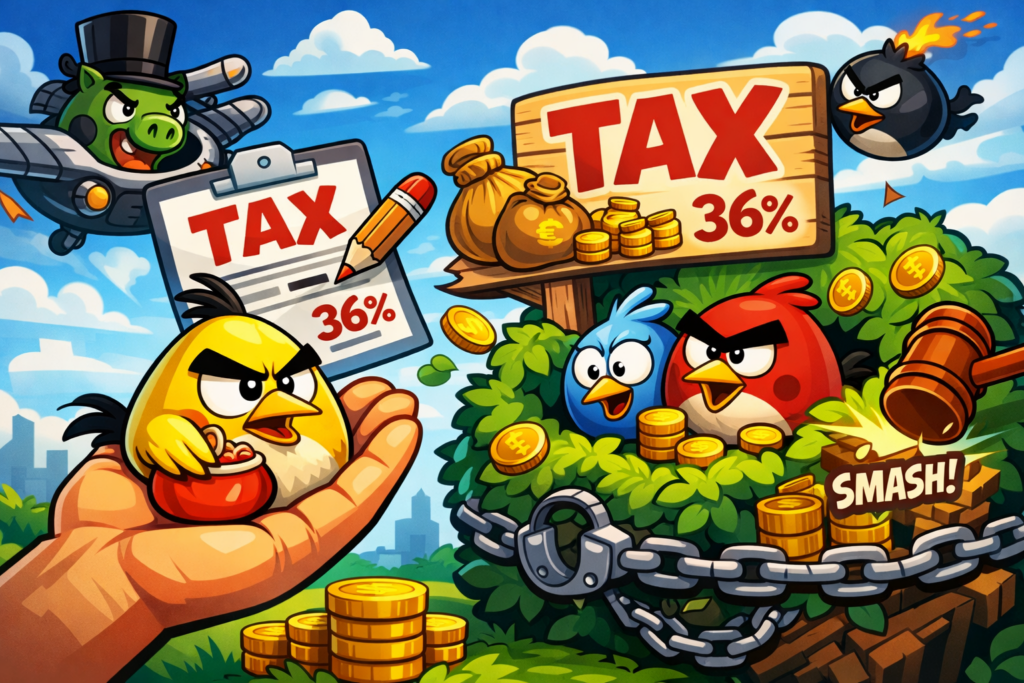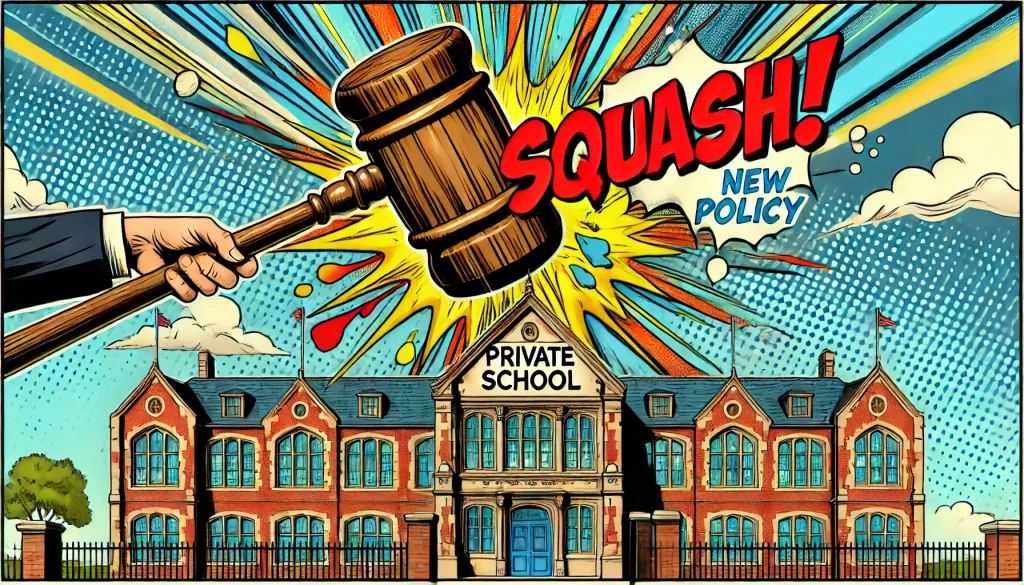
(TAXING) THE BIRD IN THE HAND… AND THE TWO IN THE BUSH?
Read more
July 10, 2024 | 4 min read
Author: Andy Wood

I am always somewhat amused whenever I read of individuals who express surprise when a predictable situation comes to pass.
So there’s been a lot of eye-rolling from me over media reports that independent schools have been ‘blindsided’ by the Government’s determination to remove their VAT exemption on fees as swiftly as possible
According to data published by the House of Lords' Library in May, the private education sector’s largest representative body – the Independent Schools Council (ISC) – has some 1,411 members.
They range in size from smaller establishments, teaching fewer than 50 youngsters, to much bigger organisations which have up to 2500 fee-paying pupils
In all, private schools are responsible for the education of approximately 570,000 pupils across England.
Currently, the provision of education by an eligible body such as a registered independent school is classed as exempt for the purposes of VAT, along with associated activities and services like meals, transport and field trips.
Whilst some commentators had expected a change to that status to take effect from
September next year, it now appears that the move could come into force as early in
January.
I appreciate the Independent Schools Council’s observation about the degree of planning which is required of parents, pupils and institutions alike in arranging private education.
Nevertheless, I’m at pains to think of how Labour’s change could have been any more widely anticipated.
The new Education Secretary, Bridget Phillipson, has described how “we first set out our position on this in 2021, so schools have had ample time”
It was one of the key policy proposals in the party’s General Election manifesto
Furthermore, an influential economic think tank, the Institute for Fiscal Studies (IFS), also published a very detailed paper on the potential impact of imposing VAT on private school fees in July 2023 – a full 12 months before the country went to the polls.
It estimated that the measure would generate an extra £1.6 billion a year in extra tax
receipts.
Although it acknowledged that there might be a slight reduction in private pupil numbers of between three to seven per cent, the IFS still reckoned that VAT income would be unaffected, as parents would simply spend the cash allocated to fees on other taxable things.
Restocking the Treasury’s coffers is a clear priority, especially now that Rachel Reeves has reportedly discovered an enormous black hole in public finances since taking over from the last Conservative Chancellor of the Exchequer, Jeremy Hunt.
The likely uplift in tax which removing private schools; exemption would constitute is miniscule compared to the £169.3 billion in VAT received by HMRC during the last financial year.
That is one reason why some have suggested that Labour real motivation is scoring political points, given how research has shown that more Tories than individuals among their own ranks are likely to have attended independent schools
Labour has instead insisted that its rationale is based on trying to devote more funding to the state education sector. Scrapping private schools VAT exemption will help pay for 6,500 more teachers, they say.
For all the debate about the merits of what Rachel Reeves looks set to do and the attendant hot air produced by both advocates and critics, there is one thing which has seemingly been overlooked.
Removing the VAT exemption means that private schools will actually be able to recover the VAT which they pay out (known as input VAT) in relation to outgoings including large capital projects, like the maintenance or improvement of facilities.
That recovery will not just be for future expenditure but for initiatives stretching back over the last six years.
Therefore, the effective VAT which they charge whenever Labour’s changes kick in may well end up being less than the 20 per cent talked about, thereby limiting the possible deterrent to parents' pursuing private education for their children.